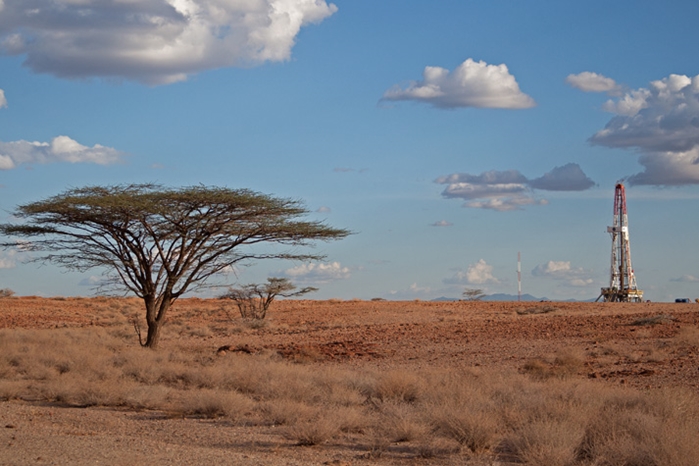Tullow Oil PLC has agreed to sell its entire Kenyan portfolio to Gulf Energy Ltd for a minimum consideration of $120 million, effectively exiting a project that has faced years of regulatory delays, partner withdrawals, and investment uncertainty.
The agreement, announced Tuesday, follows a period of instability in Tullow’s Kenyan operations following the exit of joint venture partners Africa Oil Corporation and TotalEnergies in 2023.The departure triggered a protracted review process by Kenya’s Energy and Petroleum Regulatory Authority (EPRA), which extended its evaluation of the project’s Field Development Plan (FDP) to June 30, 2025.The delays stalled progress toward a Final Investment Decision (FID), leaving Tullow with a development it was increasingly unlikely to fund alone.
“Today’s announcement marks another step forward in Tullow’s accelerated deleveraging journey with near-term cash receipts of $80 million and mitigating significant capital exposure, whilst retaining a material option on the future development of the project,” said Richard Miller, Chief Financial Officer and Interim Chief Executive Officer of Tullow.
In its 2024 financial disclosures, the company—listed on both the London and Ghana stock exchanges—noted it had written off $145.4 million in Kenya-related exploration costs and warned of an additional impairment risk of over $100 million if the FID was not secured.
The transaction with Gulf Energy—a major player in East Africa’s petroleum supply chain—includes a $40 million upfront payment, another $40 million contingent on FDP approval or before June 2026, and a final $40 million to be paid from 2028 onwards. The final tranche is contingent on oil prices, with quarterly payments of $2 million beginning in Q3 2028, assuming Brent crude averages at least $65 a barrel in the preceding quarter.
The agreement also includes a royalty mechanism, with Tullow receiving $0.50 per barrel on 80% of total production, subject to price and production thresholds. The company will also secure quarterly royalties and has a right to re-enter any future development with a 30% stake at no cost, prior to government participation.
The deal is contingent on regulatory approvals and the signing of a full sale and purchase agreement, expected later this year. Gulf Energy is anticipated to spearhead project development going forward, leveraging its local presence and infrastructure expertise.
For Tullow, the sale marks a strategic pivot. The company is redirecting focus to its producing West African assets and reducing its debt burden. The Kenyan exit follows a $300 million divestment in Gabon earlier this year, part of a broader plan to stabilize the balance sheet.
“I am confident that the proceeds from this transaction, coupled with the $300 million from the disposal of our assets in Gabon, position the business strongly for a successful refinancing,” Miller said.
Tullow’s departure casts new uncertainty on Kenya’s long-running ambition to become an oil-producing nation. Despite government support for petroleum development, the sector has seen limited progress since Tullow’s initial discoveries in 2012.
The Kenyan government has yet to approve the FDP, a requirement for issuing a production license. The potential, however, remains significant. Tullow previously estimated the project’s upside could reach over US$1 billion if approvals and investment materialize.
With Gulf Energy stepping in, the future of Kenya’s upstream oil sector may hinge on how swiftly the new operator can navigate the same regulatory maze that Tullow failed to overcome.
